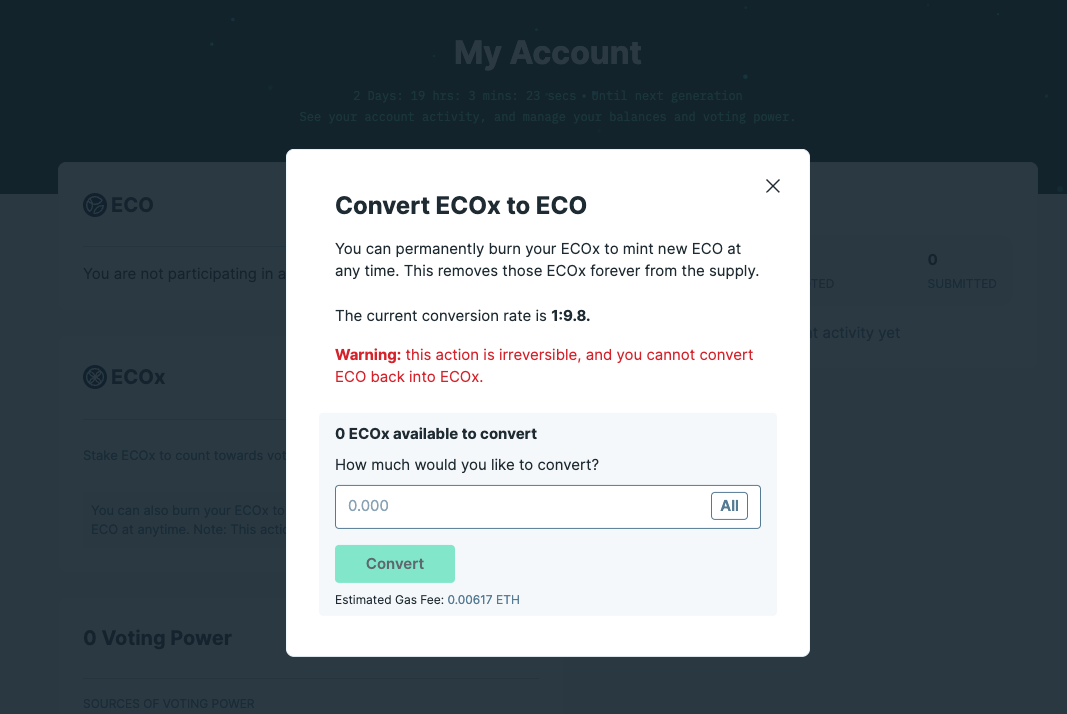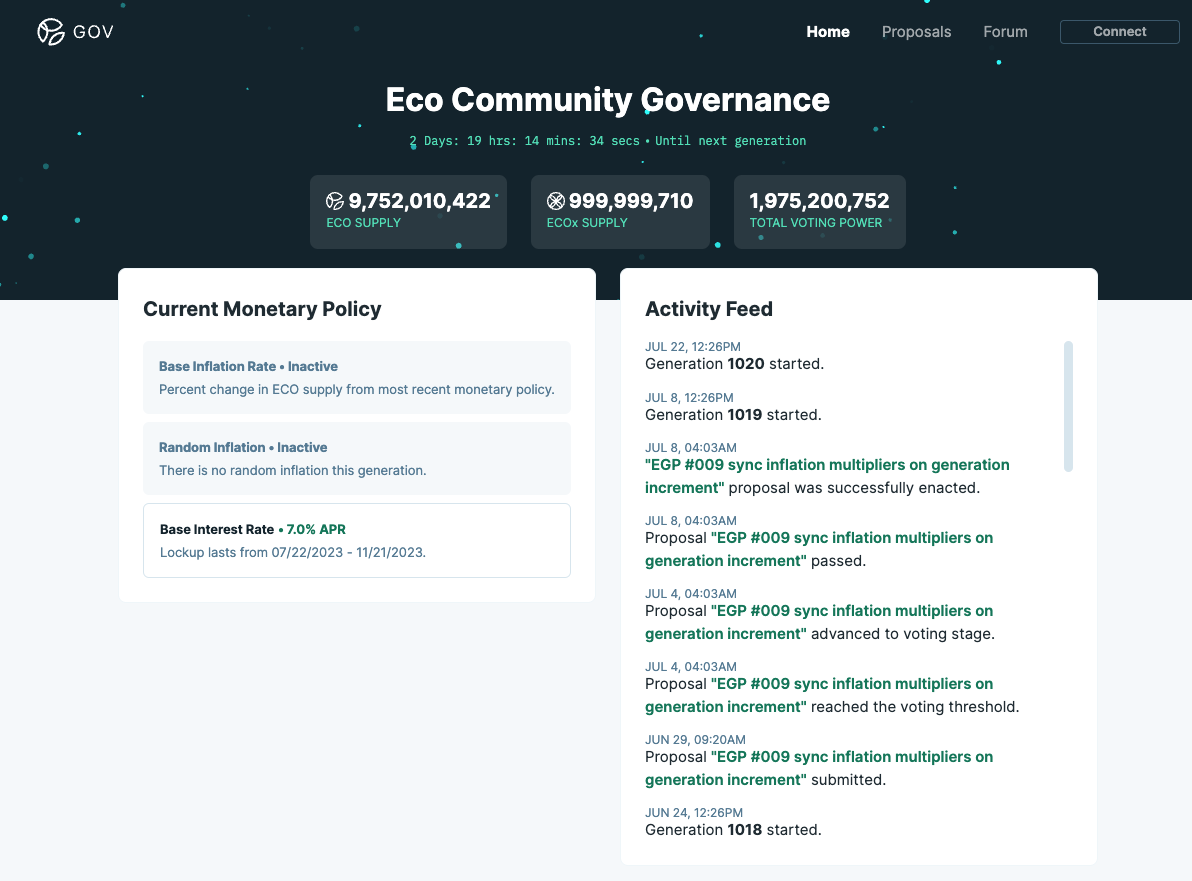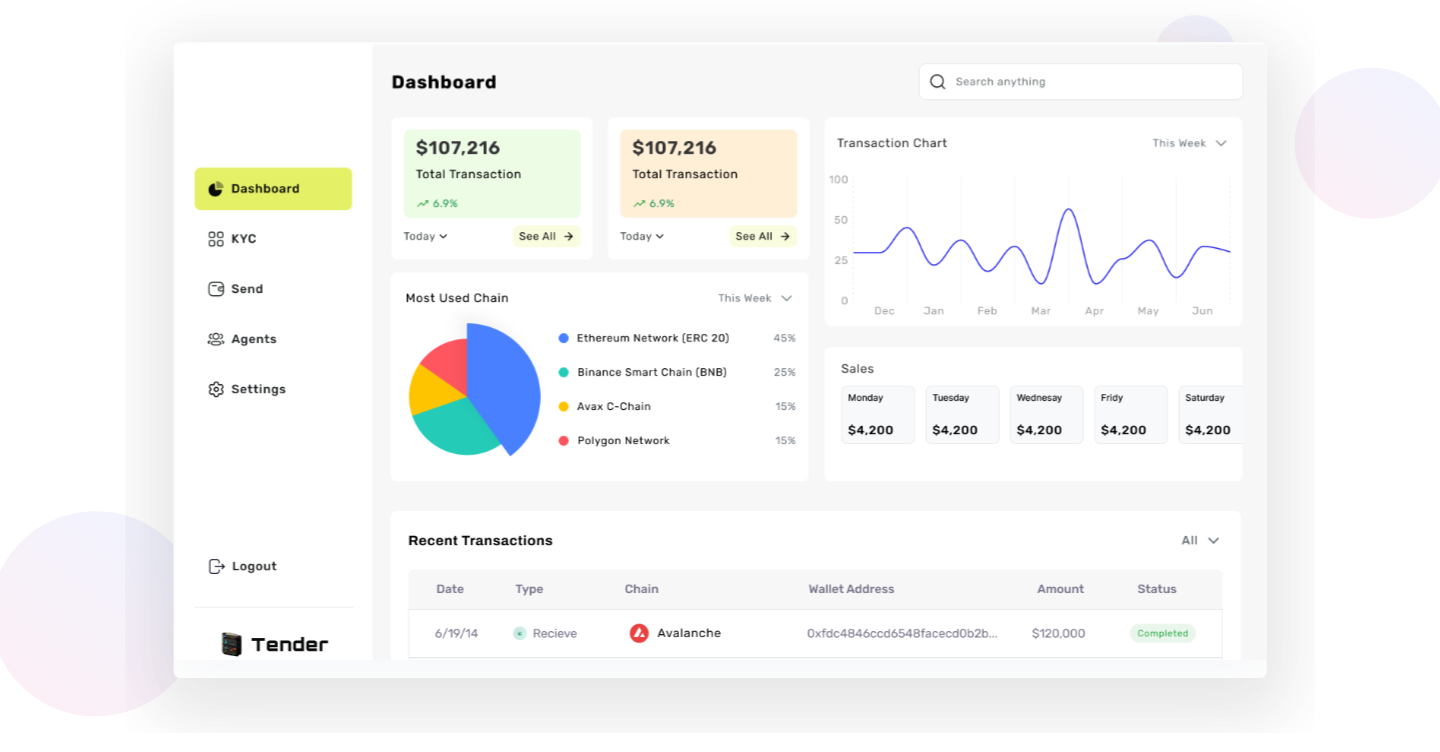After nearly a hundred million dollars in five rounds of financing, CoinList's co-founded project Eco launches a "currency experiment" four years after its funding
Author: Jiang Haibo, PANews
Since 2019, Eco, which has raised $94.5 million through 5 rounds of financing, has recently made new progress. On July 27, Eco announced the launch of a cryptocurrency wallet called Beam, which integrates account abstraction features and can be used for payments on Layer 2 solutions like Optimism and Base.
With a strong background, Eco's CEO Andy Bromberg is a co-founder of the cryptocurrency platform CoinList, which has received investments from top crypto institutions such as a16z Crypto, Coinbase Ventures, Pantera Capital, Founders Fund, and Lightspeed Venture Partners. Four years after the project began and secured funding, Eco finally posted its first tweet on July 16, and PANews will interpret Eco's mechanisms below.
Eco and Two Tokens: A Currency Experiment
Eco is a reserve and payment currency aimed at becoming a decentralized alternative to fiat currency. Its system does not anchor a stablecoin to the US dollar and hopes to "maximize wealth in Eco" through governance. Eco can be seen as a "currency experiment," and if successful, it will become a monetary game that benefits all players in the ecosystem.
The foundation of Eco's experiment is based on two tokens: ECO and ECOx.
ECO is the base token of the Eco protocol, used for daily savings and payments. Its initial supply is 10 billion, but the supply can fluctuate based on the monetary policy set by the "trustees" elected by users. The ECO token is designed using the "Weird ERC20 Token" framework, which includes some unique features:
- Supports rebase functionality. The owner's balance can be adjusted according to the "linear inflation coefficient" in the contract, meaning that ECO, like stETH, cannot be directly used in many DeFi protocols and requires a wrapped version similar to wstETH.
- Upgradable. The ECO token can be managed through a proxy, allowing governance to modify the core logic of the token at any time.
- Can be paused. There is a circuit breaker that can pause operations in case of a bug.
- Rollback. Transfers or authorizations to the zero address or failed transfers will be rolled back.
- Updatable authorization. The authorization limit can be changed through decreaseAllowance and increaseAllowance, and the transferFrom method will also emit an Approval event to update the authorization limit.
ECOx is a deflationary token with a maximum supply of 1 billion, and it is transferable. Each ECOx represents a certain percentage of the ECO supply, allowing holders to share in Eco's growth potential.
ECOx can be burned to mint ECO, but this process is irreversible, and both are in circulation and can be traded on Uniswap. As of August 2, 1 ECOx could be converted to 9.8 ECO. According to CoinGecko, in the secondary market, the price of ECOx is about 20 times that of ECO, with prices of $0.348 and $0.017, respectively.

Governance and Monetary Policy
One of Eco's features is its flexible monetary policy, which can be adjusted through governance to change the supply of ECO. Both ECO and ECOx can participate in Eco's governance, with ECO having a voting power of 1 and ECOx having a voting power of 10.
Users can delegate their voting rights to a "trustee" after staking ECO or ECOx, and they can change their delegation at any time. Trustees are the policymakers of Eco's monetary policy, and before qualifying as a trustee, they must connect their wallets to Discord or Twitter and mint an Eco ID to familiarize others with their identity.
Currently, Eco's official website has announced over 20 elected trustees, who come from founders in the DeFi industry, former Federal Reserve employees, bank researchers, cryptocurrency researchers, and operators, with their LinkedIn or Twitter links published on the website. Monetary governance is conducted periodically by this group of elected trustees to maximize the total wealth held in Eco.
Users can delegate all their voting rights to a single trustee, in which case transfers can occur without canceling the delegation, and the transfer process will automatically revoke the delegation. Partial delegation is also possible, in which case transfers can only move un-delegated funds.
The Eco governance page shows that the only effective monetary policy currently is the base interest rate, which offers a 7% annualized return for locking ECO from July 22, 2023, to November 21, 2023, similar to a bank fixed deposit.

In addition, Eco has some monetary policies that are not yet effective, including:
Base inflation rate, which changes the holders' balances proportionally through monetary policy.
Random inflation, which randomly allocates ECO tokens to certain addresses, similar to a lottery;
Transaction fees, where ECO transfers incur transaction fees paid in ECO tokens, which will accumulate in staked ECOx, and trustees can also impose an additional transaction fee based on monetary policy.
Launching Three Products to Promote Eco Currency Adoption
On the basis of Eco currency, the development company Eco, Inc. has also developed the Eco App and sponsored others to develop various applications to increase the adoption of Eco currency. Currently, the following three applications are announced on the official website.
Eco App: Positioned as a fintech company, it has payment, savings, and remittance functions, and can also be used to make payments or send Eco points, earning points during payments and receiving cash back from partners. The Eco App has partnered with banks to provide insured deposit services.
Beam Wallet: A digital wallet that allows payments to anyone at any time and can be used on Optimism and Base. First, users need to connect their Twitter account and add a password, after which they can transfer using ECO or USDC. Users can also spend 600 ECO in the wallet to register a Beam domain name for use during transfers.
Tender: Provides merchants with instant cryptocurrency payment functionality through a simple and easy-to-use interface.

Roadmap
As a project that started in 2019, Eco's progress has indeed been unsatisfactory. According to the official website, the project launched on October 28, 2022, and updated its roadmap in November 2022, stating that it would soon upgrade to make ECO compatible with Uniswap V2, create a wrapped version of the ECO token, activate trustee elections and monetary policies, launch a grant program, and enable temporary governance functions. These plans have now been largely implemented.
The long-term roadmap includes several potential system upgrades and research areas.
In the first phase, Eco will initiate the distribution of ECO tokens, including allocations to partners and individuals, such as the points previously distributed to users in the Eco App, which can be exchanged for tokens.
The second phase will upgrade monetary policy, enhance governance flexibility, and expand from Layer 1 to Layer 2. As mentioned earlier, the only effective monetary policy currently is locking ECO tokens for a period to obtain fixed base inflation.
The third phase will involve extensive governance improvements, novel economic designs, upgrading Eco ID V2, and initiating public goods funding.
Conclusion
Eco aims to create a monetary system different from previous products, not anchored to the US dollar, and to maximize wealth in the ecosystem through governance. Its goal is to first become a medium of exchange and gradually transform into a store of value over time. Eco's uniqueness may lie in this adjustable monetary policy, which is determined by trustees based on governance and can also be adjusted according to actual economic conditions.
In terms of positioning, Eco's goal of becoming a store of value is similar to that of certain algorithmic stablecoins. However, neither the ECO nor ECOx tokens are anchored to the US dollar, which introduces significant uncertainty.
From the time of initial funding to the product launch, Eco has missed the golden period for the development of algorithmic stablecoin projects. Even with backing from top VCs, launching a new, highly volatile token in the current environment and achieving widespread acceptance as a payment and store of value currency will still be a challenging task.











